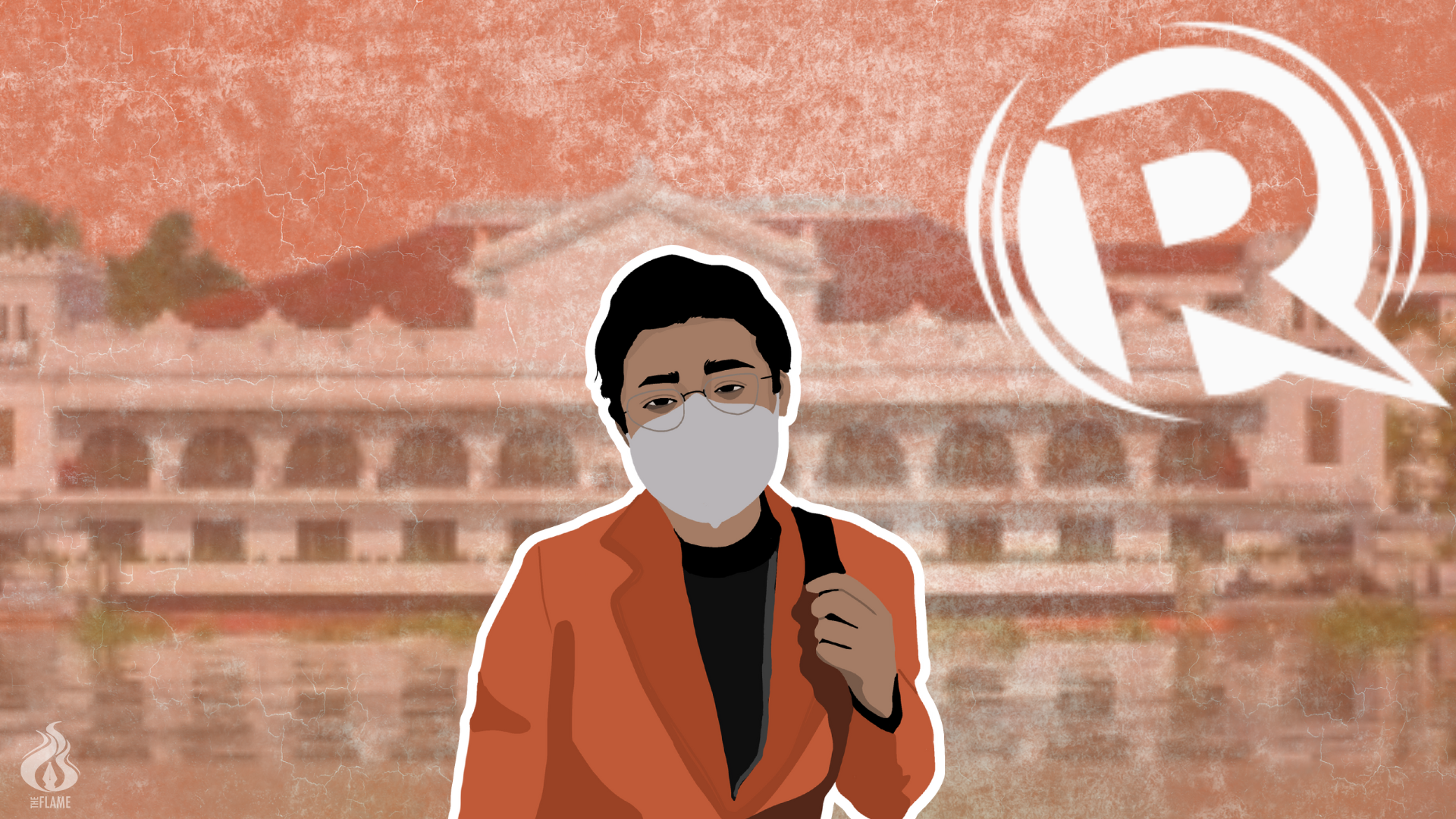
THE STATE corporate regulator’s decision to reaffirm the closure order against digital news organization Rappler is a direct form of “media repression,” journalism and communication professors said.
Two days before former President Rodrigo Duterte left office, the Securities and Exchange Commission (SEC) issued an order affirming the revocation of the certificates of incorporation of Rappler, Inc. and Rappler Holdings Corp. (RHC) for their alleged violation of constitutional and statutory restrictions on foreign ownership in mass media.
The SEC stood by its 2018 decision which found Rappler liable for allegedly violating the constitutional and statutory foreign equity restrictions in mass media. According to the corporate regulator, Rappler issued Philippine Depositary Receipts (PDRs) that granted foreign entity Omidyar Network “control” over the media organization.
The PDRs included a provision requiring Rappler’s Filipino stockholders to seek the approval of Omidyar on fundamental corporate matters, a violation of the absolute constitutional and statutory prohibition on foreign control of mass media, the SEC added.
Rappler has insisted that the PDRs did not violate the constitution and that they are different from shares of stock, which represent ownership in a corporation. According to the news website, the SEC decision is not yet final and can still be appealed to the courts. Rappler chief executive officer Maria Ressa has also vowed not to voluntarily give up the news outlet’s rights and to “continue to operate business as usual.”
University of Santo Tomas (UST) journalism instructor and freelance journalist Antonio Ramon Royandoyan said the SEC decision was a “go-to move of authoritarian governments to silence criticism.”
“By closing down, or finding means to silence these news websites even for a while is crucial for these types of leaders to solidify their rule of power,” Royandoyan told The Flame.
Assoc. Prof. Danilo Arao of the University of the Philippines’ journalism department said the corporate regulator’s decision was “clearly an attack on the media.” He added that the SEC was “weaponized to infringe on press freedom.”
“The revocation of certificates of incorporation means that the commercial operations of Rappler would be hampered, forcing the eventual closure of the news media organization as it would be unable to finance daily operations,” Arao said.
UST communication professor Tito Quiling Jr. called the case a “complicated ordeal,” noting that it involves alleged foreign and local control of businesses, and following the “law of the land.”
Government-initiated
In December 2016, the Office of the Solicitor General, which represents the Philippine government in any litigation or legal proceeding, urged the SEC to investigate the PDRs issued by Rappler.
The financial instrument allows foreign investors to invest in a Filipino company without owning it. PDR holders will be entitled to dividends but do not have the right to vote on matters that affect the company.
In 2018, the SEC revoked Rappler’s certificate of incorporation, saying the news website used a “deceptive scheme” to violate constitutional prohibitions on foreign ownership.
The National Press Club (NPC), the Philippines’ oldest media group, has expressed support for the decision, saying responsible journalism means complying with the law.
“The SEC finding is quite clear: that Rappler Inc., has indeed violated the law when it allowed the entry of foreign investors and also allowed, specifically, Omidyar Network Fund LLC, to have control on ‘corporate matters’ of Rappler based on its own submissions to the SEC,” the NPC said in a statement issued on Jan. 16, 2018.
“To say that the fate of one media entity found to have run afoul with the law translates to media repression in the country is stretching the argument a bit too much,” it added.
In its order dated June 28, 2022, the SEC claimed public interest would be served if the revocation of the certificate of incorporation of Rappler and RHC is sustained because it would “implement the policy of respecting and fully complying with the provisions of the Constitution.”
“Considering the seriousness and the gravity of the infraction, and that it was no less than the Constitution that was violated, this Commission funds and so holds that the penalty of revocation, which was already meted out against Rappler and RHC in the SEC decision, should be affirmed and sustained,” the order read.
Rappler has repeatedly said it is owned and operated by Filipinos.
Emboldening disinformation?
Quiling believes the issue is not only about the revocation of Rappler’s certificate of incorporation but is also about the public’s perception of the news website.
“Particularly in the last four years, cyberattacks and other tirades against Rappler have been evident in whatever is being published by them,” Quiling said.
“With the effects of disinformation in place about mainstream media being allegedly biased against the government, with objectivity as readers thrown out the window for some, what used to be a decent platform to provide information has been denigrated as mere hearsay,” he added.
Royandoyan said the closure order could “embolden the disinformation machinery of the political elite.”
“This will further discredit, or give credence to what supporters of this current and incoming admin want: to keep the public in the dark about current affairs, be it “good or bad” news, and to stifle any attempt at critical public discourse,” Royandoyan said.
“Repression will only be repression if the critical press chooses to keep quiet. But this is not the time,” he added. F – B. A. Ogerio and A. S. Lim



